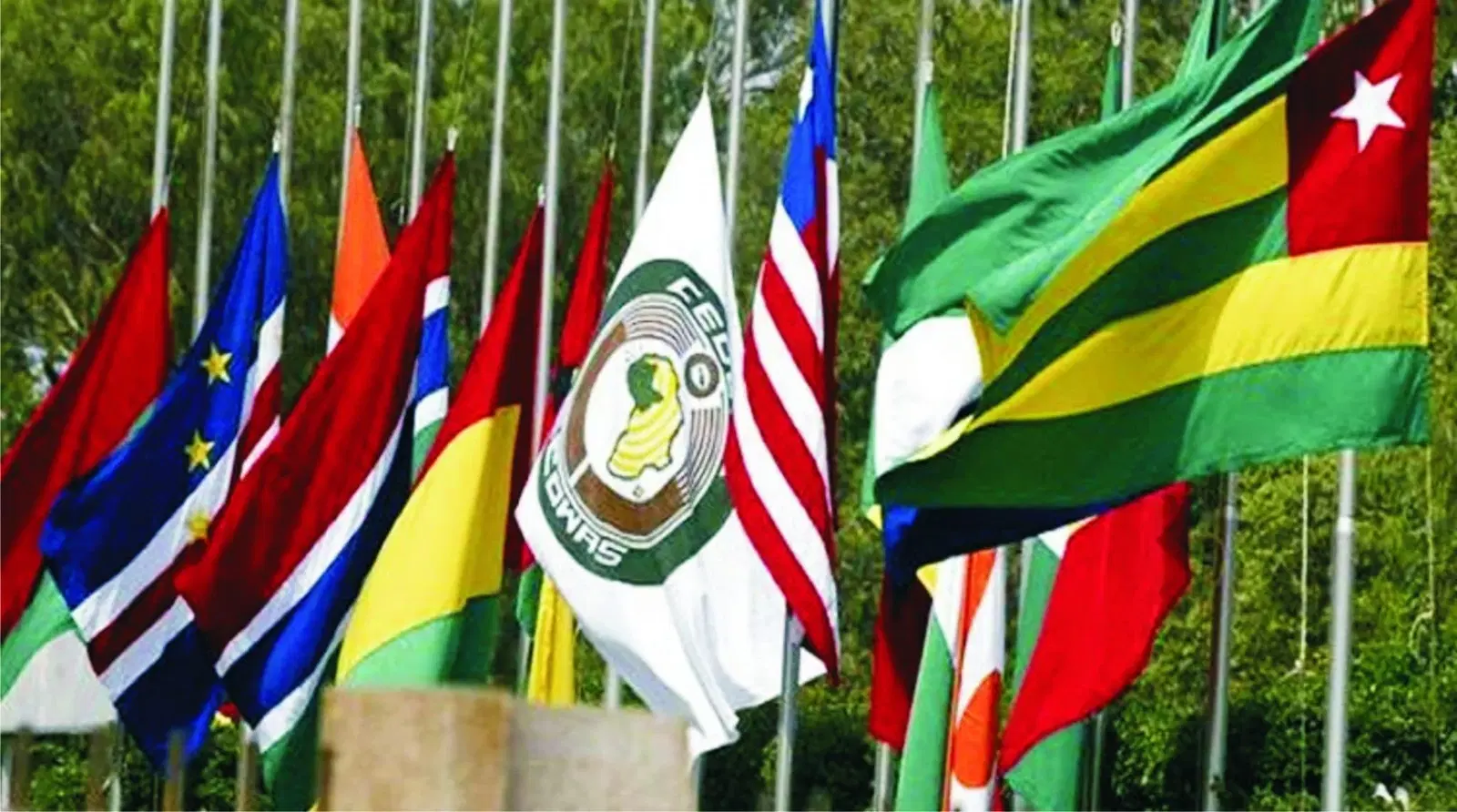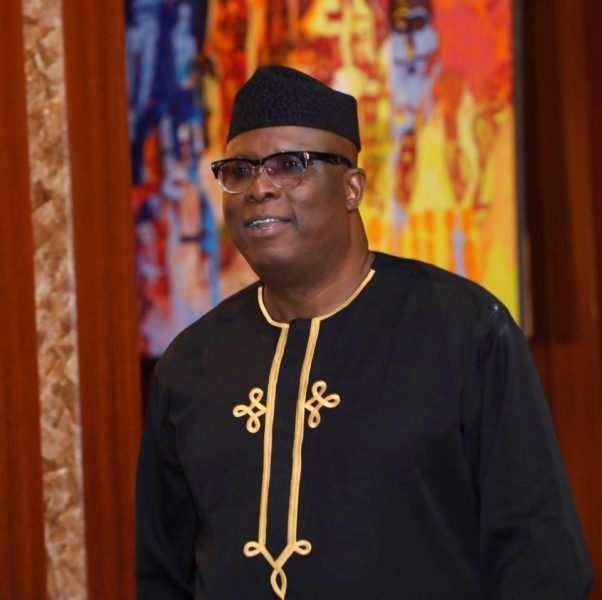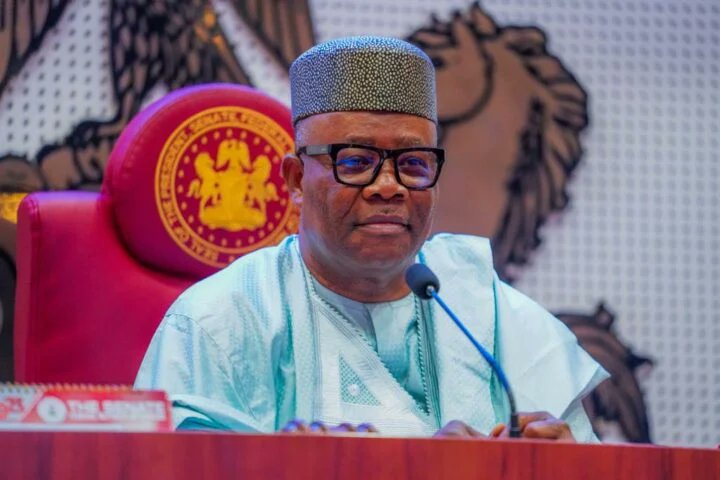By Chidi Onwuachu
The Federal Government of Nigeria took a very critical decision to close its land borders on August 19, 2019. This was after sessions of focused discussions on matters bordering on the economy and national security. It was not an easy decision to make – not after analysing the pros and cons of effecting closure of all our nation’s boundaries.
In considering the closure, government did quite hard thinking on the impact of such a closure to its citizens and, of course, on the neighbouring countries who are often taken along on foreign policy matters. In the end, and as always, national interests took preeminent position. Yes, in whatever policy, be it foreign or domestic, national interest supersedes.
Indeed the decision by the Federal Government led by President Muhammadu Buhari to close all national borders a couple of years ago was in the national interest. Whether viewed from the economic standpoint, security implications, and even from the foreign policy perspective, President Buhari deserves commendations for closing the borders the time he did.
Forget all the theories of liberalization; in practice, no serious and patriotic government will sit idle or engage in indolent hand wriggling and watch the economy of its state destroyed by illegal trade and criminal activities occurring at its borders. One of the campaign promises of the President was his promise to diversify the Nigerian economy.
Thus from its mono-cultural status of depending on delivering crude oil, there has been significant effort in improving the contribution of the agricultural sector to the national income. When one considers the fact that the value of crude oil in the international market is progressively going south in the past six years, and again, that the major consumers of the crude oil (our former buyers) are now sourcing alternative and cleaner energy, it makes eminent economic sense to seek alternative sources of revenue. So President Buhari in pursuing a diversified economy is right on the money!
Even then, Agricultural sector holds the key to food security in the country. Results from the researches of the National Bureau of Statistics show sadly that billions of dollars that could have been used in funding education and providing the much-needed infrastructure are annually expended on the importation of food items. Some of these food items ironically could be produced here at home at a cheaper cost.
For example, rice, a major staple in every home in this country, was costing the nation billions every year in importation. Thus the government included rice on the list of prohibited items for importation to save the much-needed foreign currency. In spite of that decision, foreign rice still flooded our local markets at exorbitant prices. However, President Buhari decided that the joke must not go on any further and hence he signed the executive order closing the borders. That singular decision has, in no small measures, helped in strengthening the economy and improving the nation’s local food sufficiency.
Today rice pyramids are emerging in Kebbi State, Ebonyi and a few other states. Yet it is not only a thing of national pride that our country is increasing its capacity to feed its citizens today, it is also a hard fact, that industries in the agricultural sector are benefiting immensely from the closure of the land borders. One of such industries is rice milling and reports coming out of their factories are indeed encouraging as they are not only operating in near optimal level but also breaking even, with their products doing well in the local markets.
No less a person than the governor of the central bank, Godwin Emefiele, had this to say while reviewing the benefits of the land border closure: “A week after the borders were closed, the same rice millers association called to tell us that all the rice that they had in their warehouses have all been sold. Indeed, a lot of people have been depositing money in their accounts and they have even been telling them ‘please hold on don’t even pay money yet until we finished processing your rice.
“The poultry associations have also come to say that they have sold all their eggs, they have sold all their processed chickens and that demand is rising. So when you asked, ‘what is the benefit, the benefit of the border closure on the economy of Nigeria’, I just used two products – poultry and rice. The benefit is that it has helped to create jobs for our people, it has helped to bring our integrated rice milling that we have in the country back into business again and they are making money. Our rural communities are bubbling because there are activities, because rice farmers are able to sell their paddy. The poultry business is also doing well, and also maize farmers who produce maize from which feeds are produced are also doing business”.
And when the amount of jobs created in the rice value chain alone during the border closure is computed, we will be commending the President and his cabinet. In a nutshell, the border closure became a nightmare for smugglers who are nothing but economic saboteurs. Security surveillance was reinforced at the nation’s borders by all relevant security agencies and the military who have made life miserable for smugglers and bandits.
Another area in which the land border closure impacted positively on the country is security. It is true that the country is about now perhaps facing its worst security challenges since the civil war; security experts can tell that it could have been worse had the borders remained open. First, massive job creation in the Agricultural sector following border closure helped in taking off many hitherto unemployed youths off the street and thus making them unavailable for hire to those who foment troubles.
Second, and more important, with the closure of the borders, government drastically stopped the dangerous inflow of light weapons and ammunition from all parts of the Sub-Sahara into our country. Indeed as the minister of information, Alhaji Lai Mohammed, rightly pointed out, “95 per cent of illicit drugs and weapons being used for act of terrorism and kidnapping in Nigeria come in through the porous borders. Our conclusion is that, the arms and ammunition these terrorists and criminal elements were using no longer gain access into the country. In addition, the drugs which affect the health and the well-being of Nigerians have equally been reduced,”. And as always, Lai Mohammed was spot on!
Dr. Onwuachu, an economist writes in from Lagos.







































Leave a comment